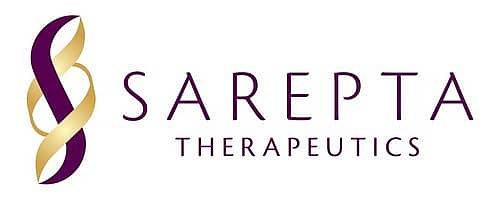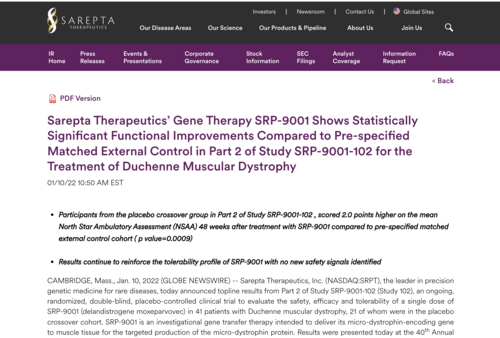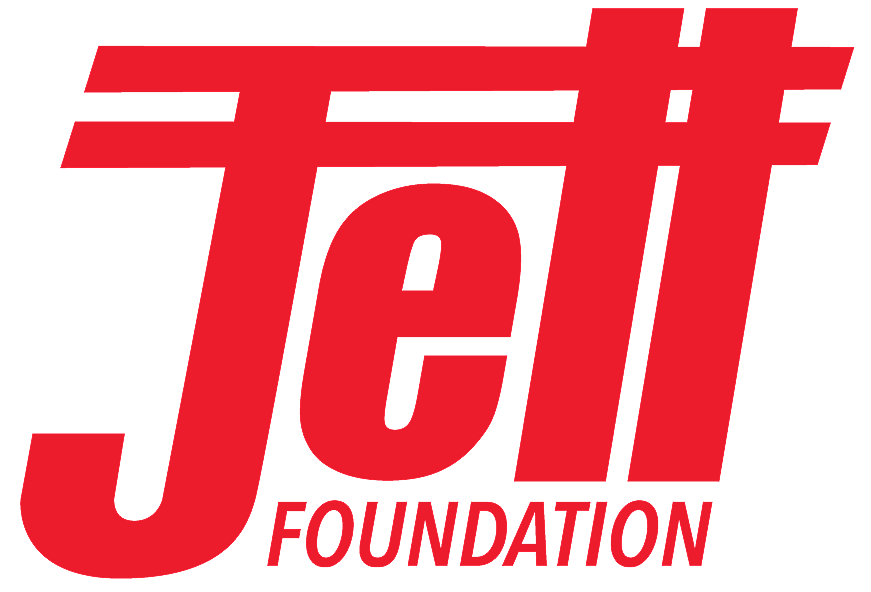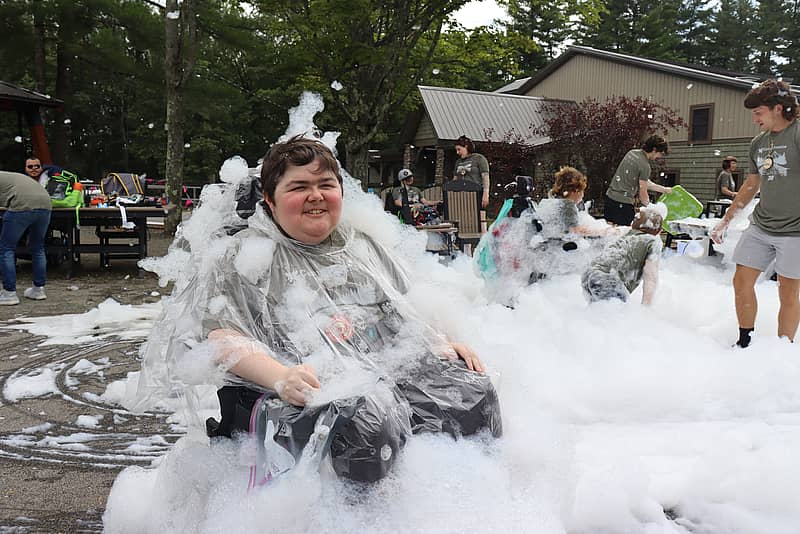
Sarepta has shared top line results related to SRP-9001-102 (investigational gene therapy, micro-dystrophin).
Read their full press release issued: “Sarepta Therapeutics’ Gene Therapy SRP-9001 Shows Statistically Significant Functional Improvements Compared to Pre-specified Matched External Control in Part 2 of Study SRP-9001-102 for the Treatment of Duchenne Muscular Dystrophy”
For further questions, please reach out to Sarepta Patient Affairs at advocacy@sarepta.com.

- Participants from the placebo crossover group in Part 2 of Study SRP-9001-102 , scored 2.0 points higher on the mean North Star Ambulatory Assessment (NSAA) 48 weeks after treatment with SRP-9001 compared to pre-specified matched external control cohort ( p value=0.0009)
- Results continue to reinforce the tolerability profile of SRP-9001 with no new safety signals identified

CAMBRIDGE, Mass., Jan. 10, 2022 (GLOBE NEWSWIRE) — Sarepta Therapeutics, Inc. (NASDAQ:SRPT), the leader in precision genetic medicine for rare diseases, today announced topline results from Part 2 of Study SRP-9001-102 (Study 102), an ongoing, randomized, double-blind, placebo-controlled clinical trial to evaluate the safety, efficacy and tolerability of a single dose of SRP-9001 (delandistrogene moxeparvovec) in 41 patients with Duchenne muscular dystrophy, 21 of whom were in the placebo crossover cohort. SRP-9001 is an investigational gene transfer therapy intended to deliver its micro-dystrophin-encoding gene to muscle tissue for the targeted production of the micro-dystrophin protein. Results were presented today at the 40th Annual J.P. Morgan Healthcare Conference.
SRP-9001-treated participants from the placebo crossover group (n=20, aged 5-8 at time of dosing SRP-9001) scored a statistically significant 2.0 points higher on the mean North Star Ambulatory Assessment* at 48 weeks compared to propensity-score weighted external controls** (p value=0.0009). Mean NSAA scores from these Part 2 participants improved 1.3 points from baseline for the SRP-9001 treated group and the NSAA scores in the external control group (n=103) declined 0.7 points from baseline. Additional results will be shared at a future medical congress.
“We are delighted to report positive results for Part 2 of our blinded, placebo-controlled Study 102 in Duchenne, where the 48-week functional benefits of SRP-9001 in patients dosed at cross-over were statistically significant when compared to pre-specified matched external controls. Furthermore, the safety profile of SRP-9001 remains consistent with the wealth of previous clinical data,” said Doug Ingram, president and chief executive officer, Sarepta. “Study 102, Part 2 results add to the totality of evidence for SRP-9001 generated thus far ‒ with promising results across multiple clinical trials and more than 80 patients dosed, encompassing a wide range of phenotypes as well as the oldest and heaviest Duchenne patients to be dosed with a full body AAV gene therapy infusion to date. The totality of results that we have seen across our multiple trials bolsters our confidence in the potential disease-modifying benefits of this therapy and reinforces our conviction in the probability of success of EMBARK, our large, phase 3 placebo-controlled global study presently underway and dosing. We are reminded daily that Duchenne is a brutal, life-ending disease and SRP-9001 is the greatest near-term hope we all have to address the need for a therapy that changes the trajectory of this disease. We will continue to move as quickly as possible to bring SRP-9001 to patients in the United States and around the world.”
The safety profile of patients treated in Part 2 of Study 102 is consistent with that seen in Part 1. There were no treatment-related serious adverse events, no deaths and no study discontinuations due to an adverse event. The most common treatment-related adverse event in patients treated in Part 2 was vomiting, similar to Part 1. For patients treated in Part 1, no new safety signals emerged after two years of follow up.
Study 102 remains ongoing and all participants continue to be monitored for safety in addition to longer-term assessments of functional outcomes.
*The NSAA is a 17-item rating scale that is used to measure functional motor abilities in ambulant individuals with Duchenne. It is used to monitor the progression of the disease and treatment effects which makes it suitable as an endpoint in clinical trials for Duchenne.
**The external control used a prospectively defined consolidated comparison group of Duchenne patients, matched for variables including age, steroid usage, baseline NSAA and timed function tests with the participants in Study 102. The prospectively defined propensity score analysis allows for a robust balancing of the multiple variables.
About Study SRP-9001-102 (Study 102)
Study SRP-9001-102 (Study 102) is a double-blind, 1:1 randomized, placebo-controlled clinical trial of SRP-9001 in 41 participants with Duchenne muscular dystrophy between the ages of 4 to 7. Study 102 uses clinical process SRP-9001 material and has two primary endpoints: micro-dystrophin expression at 12 weeks and change in NSAA total score at 48 weeks compared to placebo. Secondary endpoints include certain timed functional tests; micro-dystrophin expression measured by immuno-fluorescence fiber intensity; and micro-dystrophin expression measured by immuno-fluorescence percent dystrophin positive fibers. In Part 1, results from the treatment and placebo groups were compared through 48 weeks following treatment. In Part 2, the study remained blinded to the participants and investigators, while all participants in the placebo group crossed over to active treatment and all participants were followed for another 48 weeks while safety and efficacy were evaluated. Participants will be evaluated for five years total after treatment.
About SRP-9001 (delandistrogene moxeparvovec)
SRP-9001 (delandistrogene moxeparvovec) is an investigational gene transfer therapy intended to deliver the micro-dystrophin-encoding gene to muscle tissue for the targeted production of the micro-dystrophin protein. Sarepta is responsible for global development and manufacturing of SRP-9001 and plans to commercialize SRP-9001 in the United States upon receiving FDA approval. In December 2019, Roche partnered with Sarepta to combine Roche’s global reach, commercial presence and regulatory expertise with Sarepta’s gene therapy candidate for Duchenne to accelerate access to SRP-9001 for patients outside the United States. Sarepta has exclusive rights to the micro-dystrophin gene therapy program initially developed at the Abigail Wexner Research Institute at Nationwide Children’s Hospital.
About Duchenne Muscular Dystrophy
Duchenne muscular dystrophy (DMD) is a rare, fatal neuromuscular genetic disease that occurs in approximately one in every 3,500-5,000 males worldwide. DMD is caused by a change or mutation in the gene that encodes instructions for dystrophin. Symptoms of DMD usually appear in infants and toddlers. Affected children may experience developmental delays such as difficulty in walking, climbing stairs or standing from a sitting position. As the disease progresses, muscle weakness in the lower limbs spreads to the arms and other areas. Most patients require full-time use of a wheelchair in their early teens, and then progressively lose the ability to independently perform activities of daily living such as using the restroom, bathing and feeding. Eventually, increasing difficulty in breathing due to respiratory muscle dysfunction requires ventilation support, and cardiac dysfunction can lead to heart failure. The condition is universally fatal, and patients usually succumb to the disease in their twenties.
About Sarepta Therapeutics
Sarepta is on an urgent mission: engineer precision genetic medicine for rare diseases that devastate lives and cut futures short. We hold leadership positions in Duchenne muscular dystrophy (DMD) and limb-girdle muscular dystrophies (LGMDs), and we currently have more than 40 programs in various stages of development. Our vast pipeline is driven by our multi-platform Precision Genetic Medicine Engine in gene therapy, RNA and gene editing. For more information, please visit www.sarepta.com or follow us on Twitter, LinkedIn, Instagram and Facebook.
Internet Posting of Information
We routinely post information that may be important to investors in the ‘For Investors’ section of our website at www.sarepta.com. We encourage investors and potential investors to consult our website regularly for important information about us.
Forward-Looking Statements
This press release contains “forward-looking statements.” Any statements that are not statements of historical fact may be deemed to be forward-looking statements. Words such as “believe,” “anticipate,” “plan,” “expect,” “will,” “may,” “intend,” “prepare,” “look,” “potential,” “possible” and similar expressions are intended to identify forward-looking statements. These forward-looking statements include statements relating to the potential disease-modifying benefits of SRP-9001; our conviction in the probability of success of EMBARK; and expected plans and milestones, including sharing additional results at a future medical congress and continuing to move as quickly as possible to bring SRP-9001 to patients in the United States and around the world.
Known risk factors include, among others: success in pre-clinical trials and clinical trials, especially if based on a small patient sample, does not ensure that later clinical trials will be successful; different methodologies, assumptions and applications we utilize to assess particular safety or efficacy parameters may yield different statistical results, and even if we believe the data collected from clinical trials of our product candidates are positive, these data may not be sufficient to support approval by regulatory authorities; we may not be able to execute on our business plans and goals, including meeting our expected or planned regulatory milestones and timelines, clinical development plans, and bringing our product candidates to market, due to a variety of reasons, some of which may be outside of our control, including possible limitations of company financial and other resources, manufacturing limitations that may not be anticipated or resolved for in a timely manner, regulatory, court or agency decisions, such as decisions by the United States Patent and Trademark Office with respect to patents that cover our product candidates, and the COVID-19 pandemic; and those risks identified under the heading “Risk Factors” in Sarepta’s most recent Annual Report on Form 10-K for the year ended December 31, 2020, and most recent Quarterly Report on Form 10-Q filed with the Securities and Exchange Commission (SEC) as well as other SEC filings made by the Company which you are encouraged to review.
Any of the foregoing risks could materially and adversely affect the Company’s business, results of operations and the trading price of Sarepta’s common stock. For a detailed description of risks and uncertainties Sarepta faces, you are encouraged to review the SEC filings made by Sarepta. We caution investors not to place considerable reliance on the forward-looking statements contained in this press release. Sarepta does not undertake any obligation to publicly update its forward-looking statements based on events or circumstances after the date hereof, except as required by law.
Source: Sarepta Therapeutics, Inc.
Investor Contact:
Ian Estepan, 617-274-4052
iestepan@sarepta.com
Media Contact:
Tracy Sorrentino, 617-301-8566
tsorrentino@sarepta.com






